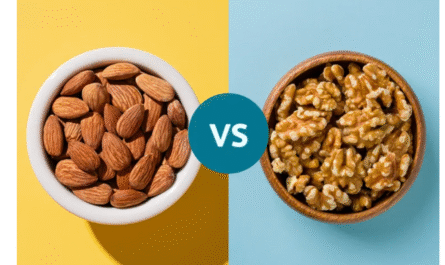Boiled eggs are generally quite healthy and can be a valuable part of a balanced diet. Here’s a quick breakdown of their nutritional profile and potential benefits:
✅ Nutritional Highlights (1 large boiled egg):
- Calories: ~70–80 kcal
- Protein: ~6 grams (high-quality, complete protein)
- Fat: ~5 grams (mostly unsaturated fat; ~1.5 g saturated)
- Cholesterol: ~185 mg (formerly a concern, but now considered less impactful on blood cholesterol for most people)
- Carbohydrates: 0 grams
- Vitamins & Minerals:
- Vitamin B12
- Vitamin D
- Vitamin A
- Selenium
- Choline (important for brain health)
- Riboflavin
- Iron (small amounts)
✅ Health Benefits:
- Muscle building & repair due to high protein content
- Satiety — helps you feel full, which can aid weight management
- Brain health (choline is key for neurotransmitter synthesis)
- Eye health — contains lutein and zeaxanthin, antioxidants that protect the eyes
- Bone health (Vitamin D and phosphorus support bones)
⚠️ Considerations / Potential Downsides:
- Cholesterol: Although dietary cholesterol isn’t as problematic as once thought, people with certain conditions (like familial hypercholesterolemia or diabetes) should consult a doctor about egg consumption.
- Allergies: Eggs are a common allergen, especially in children.
- Balance: Relying solely on eggs for protein isn’t ideal — variety in your diet is key.
Overall Verdict:
👉 In moderation (e.g. 1–2 eggs/day for most healthy individuals), boiled eggs are nutritious, filling, and convenient. They fit well in many diets — including low-carb, Mediterranean, high-protein, and even some plant-forward diets if you’re not strictly vegan.



